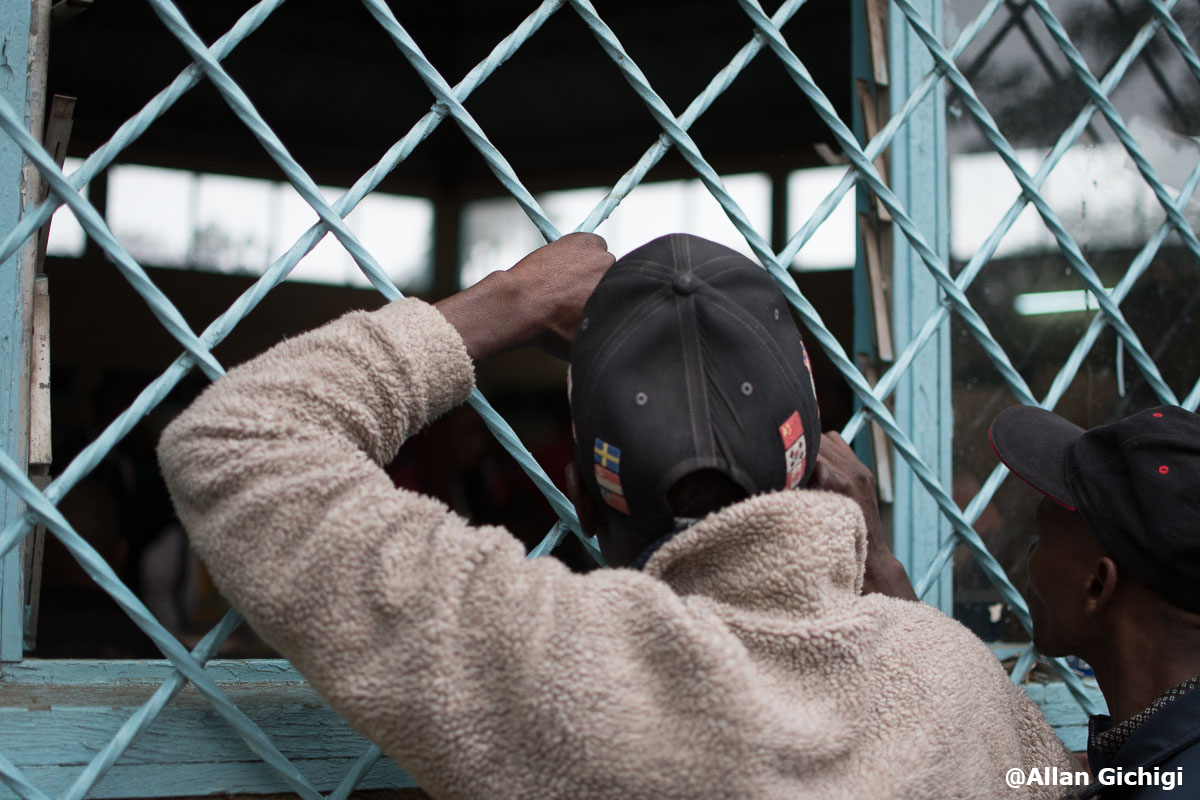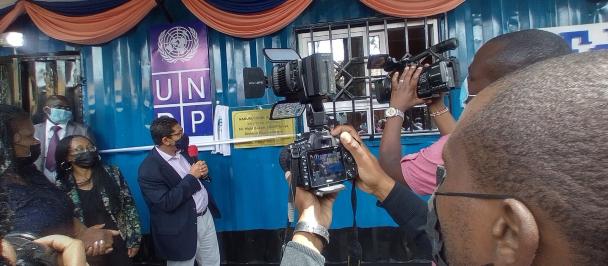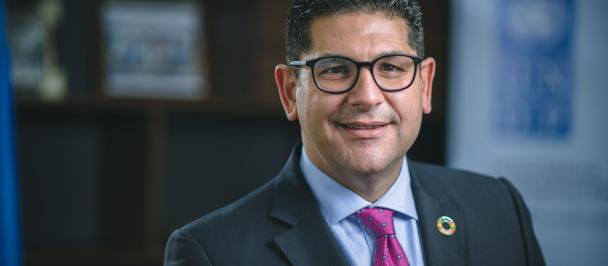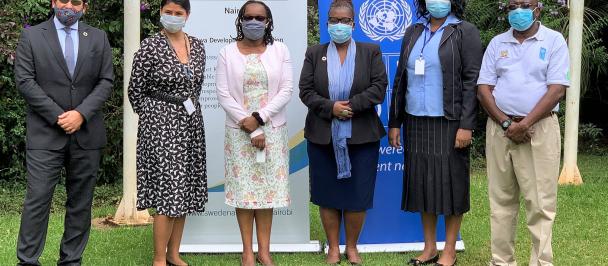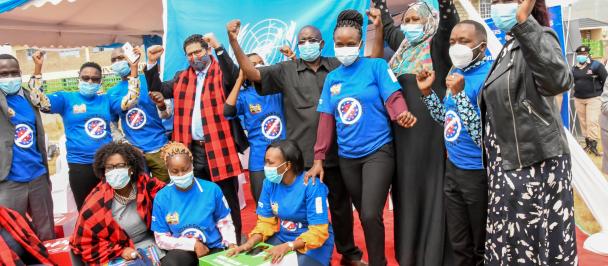Strengthening Public Accountability and Integrity Systems
Background
The impact of corruption on the poor and most vulnerable populations is a key development concern globally. Corruption not only increases the public costs of basic services such as health, education, water and sanitation, but it also hinders access to the basic needs and capabilities that every citizen requires to have a dignified standard of living. Corruption contributes to poor health outcomes as when it occurs at all levels — from grand corruption, as funds are siphoned off during the construction of new hospitals or health centres, to petty corruption as health workers or administrators demand bribes just to perform their routine duties. The misallocation of resources leaves hospitals poorly staffed and resourced, and the circulation of fake and potentially lethal drugs increases. The poor and especially women suffer disproportionately where bribes are a prerequisite for access to basic health care, including maternal health or other reproductive health services.
Kenya is not immune from these challenges, and in fact the 2019 Transparency International Corruption Perception Index ranked Kenya 137 of 180 countries with a score of 28/100, noting that corruption has a negative impact on accountability, quality, access and efficiency in the provision of public services such as education, health, justice and water. To these may be added the effect of corruption on investment; recent Global Competitiveness Reports continue to list corruption among the most pertinent competitive challenges facing firms in doing business in Kenya, and in constraining business opportunities, corruption in turn detracts from the objective of job creation and overall economic growth. Tackling corruption in the country therefore remains a national development priority, underpinned by the normative requirements of the Agenda 2030 for Sustainable Development Goals.
Project objectives
The Strengthening Public Accountability and Integrity Systems (SPAIS) project comes at an important juncture when transformative governance reform to address the challenges facing Kenya is a subject of national public debate. The theory of change underlying this project is that corruption undermines development, and especially the achievement of sustainable development goals (SDGs), and that addressing the root causes of poverty and inequality requires tackling corruption and mismanagement of public resources to achieve transformative governance and shared prosperity for all.
The project seeks to contribute to efforts by the government and non-state actors aimed at corruption prevention and combating corruption for improved service delivery and inclusive governance, by pursuing targeted interventions at both national and county-level and with a particular focus on the healthcare sector. Its main objective is work closely with the Government of Kenya by supporting lead state institutions, civil society and private sector to increase transparency, accountability and responsive democratic governance through the following intended outputs:
- Strengthened policy and legal frameworks for countering and preventing corruption;
- Enhanced capacities of oversight and coordination institutions for countering and preventing corruption; and,
- Increased capacities and participation of civil society, faith-based organizations, media, and private sector to inform public, monitor service delivery and promote public accountability.
Key partners in this initiative include the Ethics and Anti-Corruption Commission (EACC), State Law Office and Department of Justice, Organization for Economic Cooperation and Development (OECD), Intergovernmental Authority on Development (IGAD), Kenya Association of Manufacturers (KAM), the United Nations Office on Drugs and Crime (UNODC) and select civil society organizations.
The project contributes to: the Kenya Medium Term Plan III (MTPIII); the United Nations Development Assistance Framework (UNDAF) Strategic Priority 1, Transformational Governance, focused on Outcome 1.2: By 2022 people in Kenya access high quality services at devolved level that are well coordinated, integrated, transparent, equitably resourced and accountable; Outcome 1 of the UNDP Kenya Country Programme Document; and the Big 4 Agenda. This is in line with the goal of SDG16 - to promote peaceful and inclusive societies for sustainable development, provide access to justice for all and build effective, accountable and inclusive institutions at all levels.

 Locations
Locations